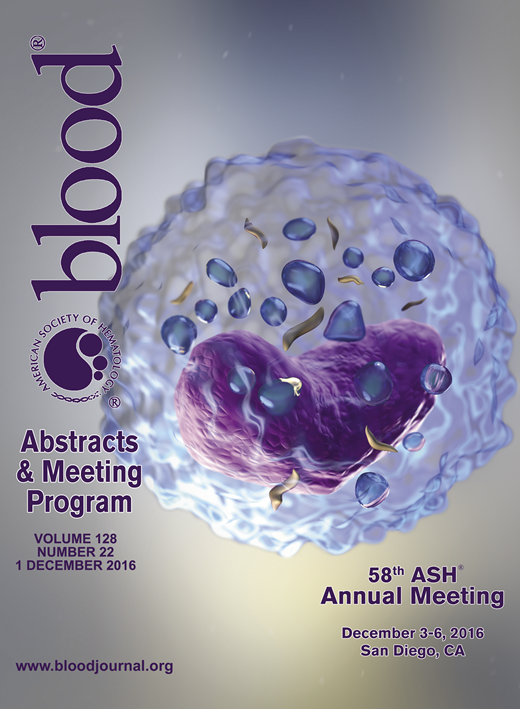Abstract
Mantle cell lymphoma (MCL) represents 6-8% of non-Hodgkin's lymphoma with a median survival of 3-5 years. CyclinD1 (CCND1) chromosomal translocation t(11;14) is the hallmark of this neoplasm, which leads to its deregulated expression. Recent knock down studies of CCND1 in MCL have shown that its role is not only limited to promote cell cycle progression but also for maintaining genomic stability. Knock down of CCND1 results in increased DNA damage in MCL cells and makes them more susceptible to chemotherapy. However, CCND1 is not only prone to frequent translocation but also to somatic mutations. Genomic studies have identified recurring somatic mutations in the coding region of CCND1 in approximately 30% of MCL cases. The hot spot of these mutations is concentrated in exon 1 of CCND1. However, the functional consequence of these mutations is not known. We generated the most common CCND1 mutations (E36K, Y44D or C47S) by site directed mutagenesis and overexpressed these mutants in JEKO-1, UPN-1 or Z-138 MCL cell lines. Here, we show that these single mutations, as compared to the wild type (WT), increased CCND1 protein levels in MCL cell lines and primary tumors. Mechanistically, mutations Y44D or C47S increase the stability of CCND1 protein through attenuation of threonine-286 phosphorylation, which is a prerequisite for export of CCND1 from the nucleus to the cytoplasm, followed by proteolysis through the ubiquitin-proteasome pathway. But the two mutants have stronger affinity to interact with the threonine-286 phosphorylating enzyme glycogen synthase kinase 3 beta ,whereas interaction with cyclin-dependent kinase 4 remains unaffected. Furthermore we observed that these two mutants are preferentially localized in the nucleus compared to WT, as determined by cell fractionation and immunofluorescence assays. In order to understand the relevance of stable CCND1 protein in MCL, we studied the response of WT or mutant CCND1-expressing MCL cell lines to ibrutinib, an FDA- approved Bruton tyrosine kinase inhibitor used for MCL treatment. We observed that forced expression of WT or mutant CCND1 increased the resistance of JEKO-1 cells to ibrutinib. The Y44D mutation sustained the resistance to ibrutinib at supraphysiologic concentrations (5-10 μM). Furthermore, primary MCL tumors with CCND1 mutations expressed a more stable protein and were resistant to ibrutinib than WT cases. These findings uncover new mechanisms for MCL cells to increase CCND1 protein level through somatic mutations, which may provide a survival advantage to the lymphoma cells in developing resistance against the emerging ibrutinib therapy.
Pillai:Trillium Therapeutics: Research Funding. Pham:Vyripharm Biopharmaceuticals: Research Funding.
Author notes
Asterisk with author names denotes non-ASH members.

